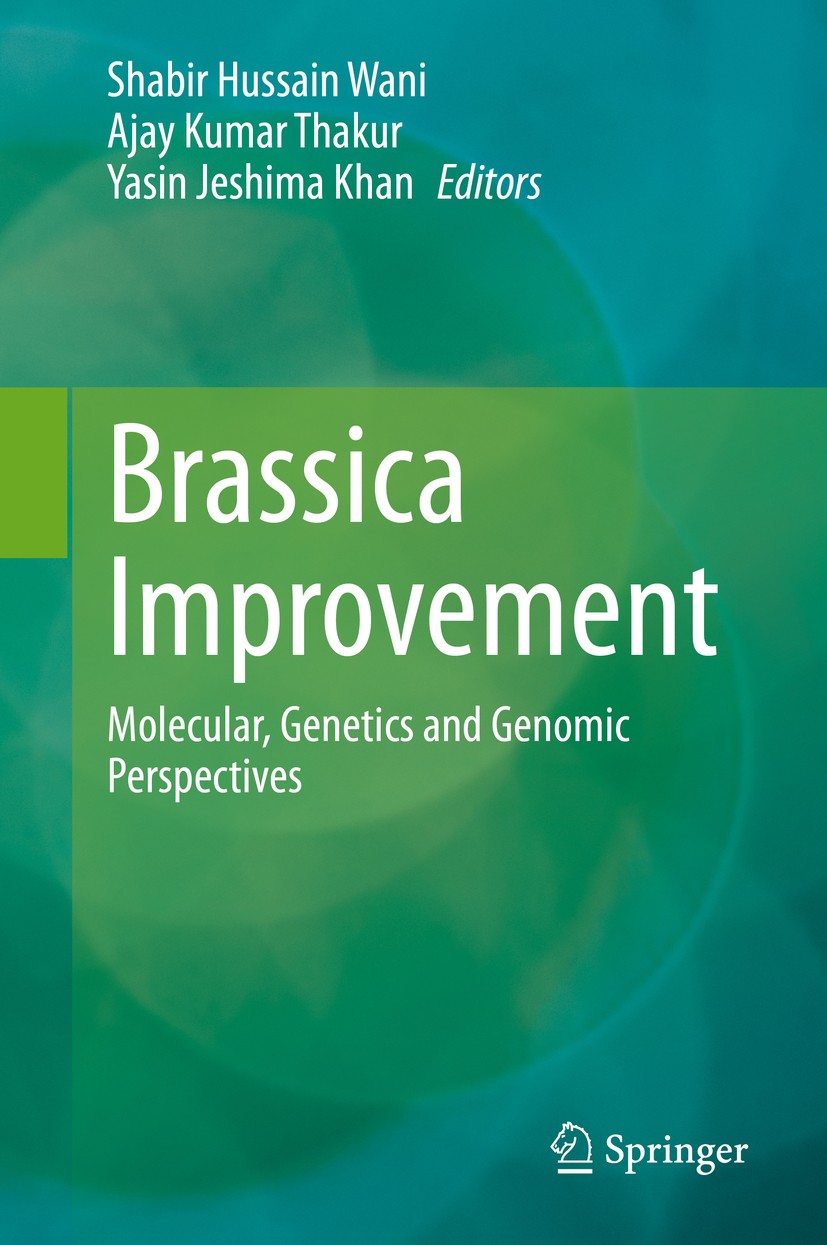| 期刊全稱 | Brassica Improvement | | 期刊簡稱 | Molecular, Genetics | | 影響因子2023 | Shabir Hussain Wani,Ajay Kumar Thakur,Yasin Jeshim | | 視頻video | http://file.papertrans.cn/191/190436/190436.mp4 | | 發(fā)行地址 | Written for scientists in universities and research institutes, as well as graduate and post graduate students in the area of Brassica biochemistry, physiology, genetics, breeding and biotechnology.Up | | 圖書封面 |  | | 影響因子 | .Global population is mounting at an alarming stride to surpass 9.3 billion by 2050, whereas simultaneously the agricultural productivity is gravely affected by climate changes resulting in increased biotic and abiotic stresses. The genus Brassica belongs to the mustard family whose members are known as cruciferous vegetables, cabbages or mustard plants. Rapeseed-mustard is world’s third most important source of edible oil after soybean and oil palm. It has worldwide acceptance owing to its rare combination of health promoting factors. It has very low levels of saturated fatty acids which make it the healthiest edible oil that is commonly available. Apart from this, it is rich in antioxidants by virtue of tocopherols and phytosterols presence in the oil. The high omega 3 content reduces the risk of atherosclerosis/heart attack. Conventional breeding methods have met with limited success in Brassica because yield and stress resilience are polygenic traits and are greatly influenced byenvironment. Therefore, it is imperative to accelerate the efforts to unravel the biochemical, physiological and molecular mechanisms underlying yield, quality and tolerance towards biotic and abiotic s | | Pindex | Book 2020 |
The information of publication is updating

|
|
 |Archiver|手機(jī)版|小黑屋|
派博傳思國際
( 京公網(wǎng)安備110108008328)
GMT+8, 2025-10-14 04:19
|Archiver|手機(jī)版|小黑屋|
派博傳思國際
( 京公網(wǎng)安備110108008328)
GMT+8, 2025-10-14 04:19


